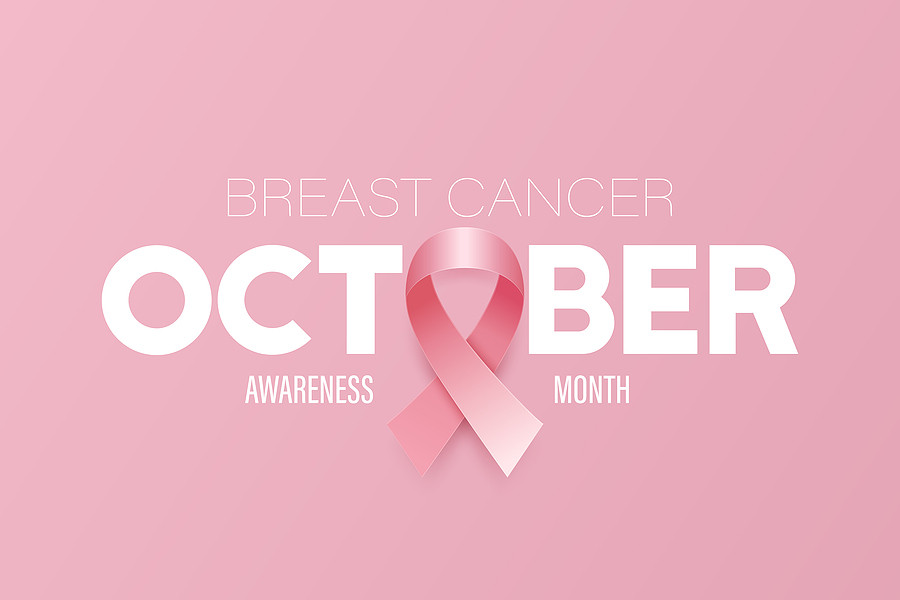Breast cancer awareness has come a long way, but there’s still much to understand, especially when it comes to the elderly population. As with any disease, there are unique considerations to take into account when discussing breast cancer in seniors. This piece will dive deep into the specifics of breast cancer in this age group, addressing the challenges of early detection, the pivotal role of routine screenings, and the treatment considerations tailored for the elderly.
For decades, breast cancer awareness campaigns have been at the forefront of public health initiatives, helping to save countless lives. However, there remains a critical group that needs further attention and understanding: the elderly. While caregivers and home care professionals are well-versed in many aspects of elderly health, it’s essential to have a firm grasp of the nuances of breast cancer in this age group.
The Challenge of Early Detection
Early detection is the cornerstone of any successful breast cancer treatment. However, in seniors, several factors make this more challenging:
- Symptom Misinterpretation: Older adults might attribute changes in their breasts to aging rather than a potential sign of cancer. Lumps or skin changes might be overlooked or misunderstood.
- Physical Limitations: Mobility issues can make regular self-exams more difficult. This challenge underlines the importance of caregivers and home care professionals in assisting with routine checks.
- Cognitive Decline: In cases where dementia or other cognitive impairments are present, recognizing and communicating symptoms becomes even more challenging.
The Benefits of Routine Screenings
Routine screenings, like mammograms, play a pivotal role in early detection. For seniors, these benefits are pronounced:
- Higher Survival Rates: Catching breast cancer in its initial stages often leads to better outcomes and a higher likelihood of survival.
- Less Aggressive Treatments: Early-stage cancers might require less invasive treatments, which can be particularly beneficial for elderly patients who might not withstand aggressive therapies.
- Peace of Mind: For seniors and their caregivers, knowing they’re proactively monitoring their health can provide immense peace of mind.
Considerations for Treatment in the Elderly
Treating breast cancer in the elderly requires a delicate balance, considering both the aggressiveness of the cancer and the overall health of the patient.
- Personalized Treatment Plans: As with any medical condition, one size does not fit all. Older adults may have other health concerns that need to be considered alongside cancer treatment.
- Minimizing Side Effects: The side effects of cancer treatment can be more pronounced in seniors. Therefore, strategies to minimize these effects are crucial.
- Support Systems: The role of caregivers becomes even more vital during cancer treatments. They provide not just physical support, but emotional and psychological reassurance as well. Home health professionals can also play a pivotal role, offering specialized care tailored to the patient’s needs.
Breast cancer in the elderly presents its own set of challenges and considerations. From the intricacies of early detection to the specifics of treatment, understanding the nuances is crucial for the well-being of our senior loved ones. Breast cancer awareness is not just about donning pink ribbons; it’s about equipping ourselves with the knowledge and tools to ensure that every age group gets the care and attention they deserve. Whether you’re a caregiver, a home health professional, or a senior yourself, being informed can make all the difference in the world.
If we can be of assistance in referring a caregiver who can meet the home care needs of you or a loved one, please contact us at (239) 920-3902. Our team at Collier Home Care is committed to delivering a personalized referral service that meets your individual needs and expectations. We believe in a client-first approach and we are ready to go the extra mile to ensure your complete satisfaction with our referral services.

